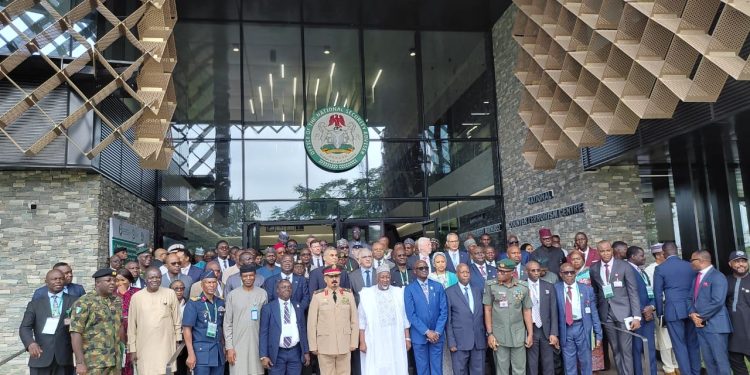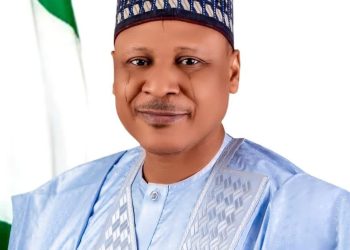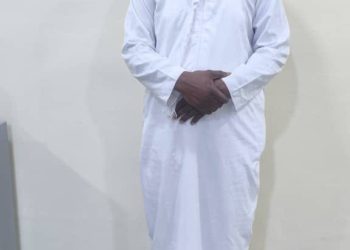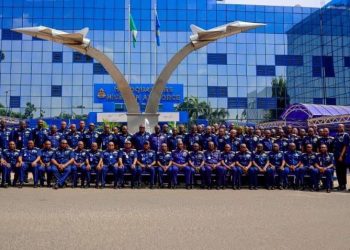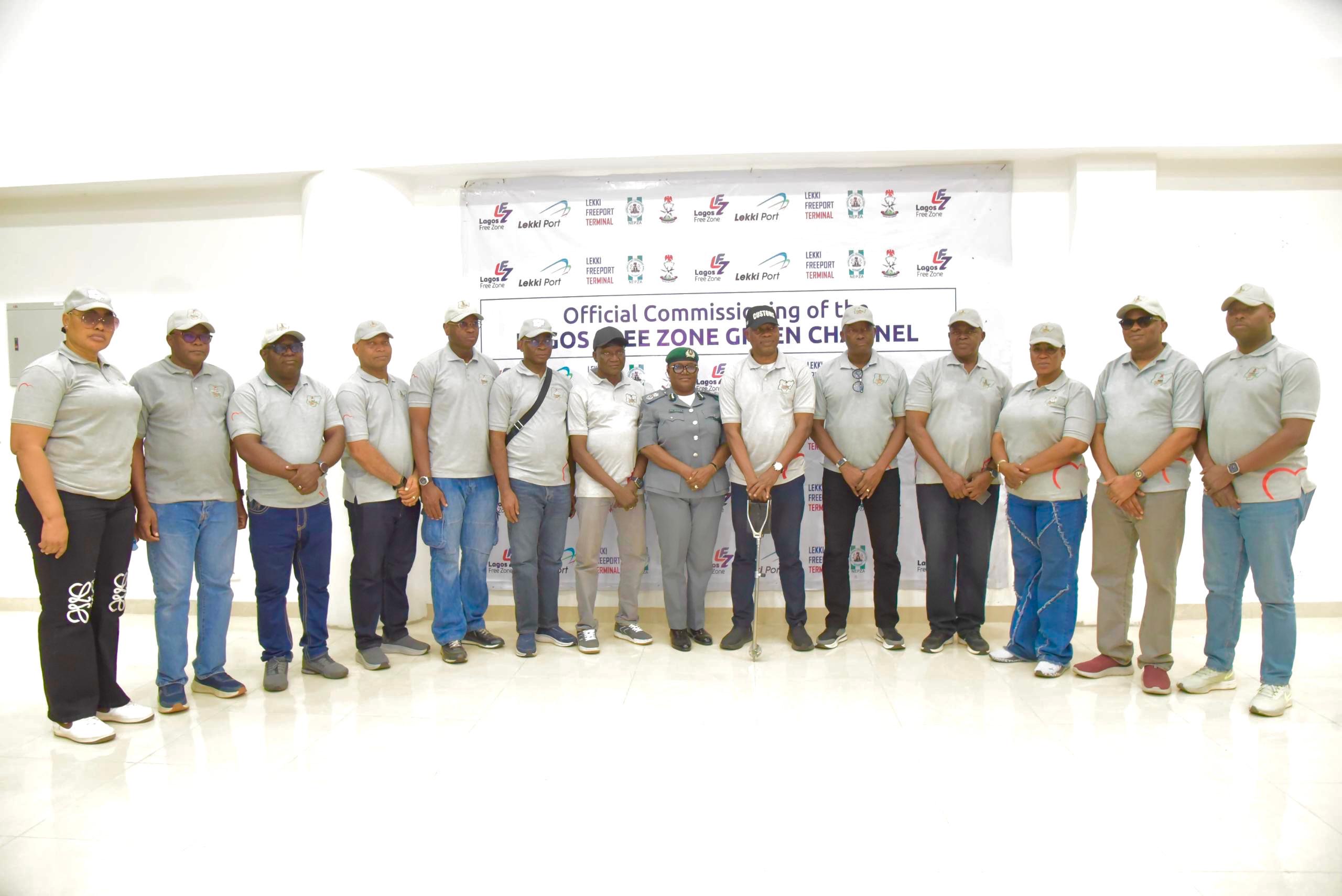By Nkechi Eze
For more than a decade, West Africa and the Sahel have stood at the frontline of some of the world’s deadliest security crises. The collapse of Libya in 2011, the rise of jihadist groups in Mali, and the spread of violent extremism through porous borders unleashed waves of instability that continue to reverberate across the region. From the Boko Haram insurgency in Nigeria’s northeast to Al-Qaeda and Islamic State affiliates entrenched in Mali, Burkina Faso, and Niger, terrorism has steadily eroded state authority, disrupted livelihoods, and created one of the largest humanitarian emergencies in the world. The region now accounts for the highest global toll of terrorism-related deaths, with international observers warning that extremist groups are expanding their reach into previously stable coastal states such as Benin, Togo, and Ghana.
Against this volatile backdrop, Abuja became the rallying point on Tuesday as West African leaders, defence chiefs, diplomats, and international partners gathered for the Regional Conference on Combating Emerging Terrorist Groups and Strengthening Sustainable Security in West Africa and the Sahel. Convened by Nigeria’s National Counterterrorism Centre in collaboration with the ECOWAS Commission, the high-level forum reflected a shared understanding that no single country can wage this fight alone. It was within this charged atmosphere that participants, including the United Nations, ECOWAS, Nigeria’s Ministry of Defence, and military chiefs from across the subregion, called for a unified, comprehensive approach to reverse the tide of extremism threatening the stability of West Africa and the Sahel.
Nigeria’s Minister of Defence, Mohammed Badaru Abubakar, who declared the conference open, described terrorism as one of the gravest threats confronting the region. He warned that extremist groups are becoming increasingly adaptive and sophisticated, deploying drones, encrypted communications, and exploiting ungoverned spaces. According to him, terrorism, insurgency, and insecurity are not abstract notions but direct threats to lives, economies, and the collective future of West Africans. He called for stronger intelligence integration and real-time information sharing, stressing that security operations must be multinational, coordinated under a unified structure, and supported by harmonized legal frameworks to deny terrorists safe havens. Beyond the battlefield, he urged renewed investments in addressing the root causes of radicalization, including poverty, unemployment, exclusion, and poor governance. He also praised President Bola Ahmed Tinubu’s Renewed Hope Agenda, which has placed security at the heart of Nigeria’s national policies, pointing to the successes recorded in dismantling terrorist strongholds, rehabilitating repentant insurgents under Operation Safe Corridor, and sustaining support for multinational frameworks such as the Multinational Joint Task Force in the Lake Chad Basin.
The United Nations struck an equally urgent tone. Leonardo Santos Simão, the UN Special Representative and Head of the United Nations Office for West Africa and the Sahel (UNOWAS), painted a sobering picture of the human cost of terrorism. He revealed that in just one year, 1,364 children were recruited by armed groups, while 466 cases of sexual violence were recorded, alongside more than 14,000 schools forced to shut down due to insecurity. He explained that terrorist networks are exploiting climate change vulnerabilities, local grievances, and political tensions, while leveraging new technologies such as drones and encrypted platforms. While commending ECOWAS for sustaining dialogue even with politically strained states, and praising AU–ECOWAS initiatives such as the Threat Fusion and Analysis Cell for intelligence coordination, he stressed that military action alone cannot deliver lasting peace. He urged governments and partners to invest more heavily in governance reforms, political dialogue, social services, and targeted development programmes, particularly for young people and women, while also cracking down on organized crime such as illegal mining, smuggling, and trafficking that bankrolls extremist operations.
Nigeria’s National Counterterrorism Centre used the occasion to restate its pivotal role in regional security. Its National Coordinator, Major General Adamu Laka, highlighted ongoing investments in forensic laboratories, community engagement, deradicalization, and rehabilitation initiatives, noting that Nigeria is positioning the Centre as a regional hub for counterterrorism. Reinforcing this position, Major General Emeka Onumajuru, Chief of Defence Operations, who represented the Chief of Defence Staff, General Christopher Gwabin Musa, reaffirmed the Armed Forces of Nigeria’s frontline role in national and regional counterterrorism efforts. He emphasized that Nigeria has not only sustained its own campaigns against terrorism and banditry but has remained committed to multinational operations such as the Multinational Joint Task Force and ECOWAS security frameworks. He stressed the importance of African-led solutions, regional solidarity, and the need to complement battlefield successes with civil-military cooperation, counter-radicalization, and peacebuilding measures.
For ECOWAS, the message was clear: no country can face the terrorist threat in isolation. Ambassador Abdel-Fatau Musah, the Commission’s Commissioner for Political Affairs, Peace and Security, represented by Dr. Cyriaque Pawoumotom Agnekethom, praised Nigeria for offering its National Counterterrorism Centre as a regional hub, describing terrorism as a shared burden requiring shared responsibility. He urged member states to seize the opportunity to deepen cross-border collaboration and reinforce solidarity.
As the conference continues, participants—ranging from ministers and military chiefs to international organizations and development partners—are tasked with moving beyond rhetoric to design actionable strategies for counterterrorism and sustainable security in the region. The Abuja gathering, anchored on cooperation, solidarity, and urgency, may well mark a decisive step in building a more secure West Africa and Sahel, where the forces of extremism are countered not only with force but with unity, development, and hope.


